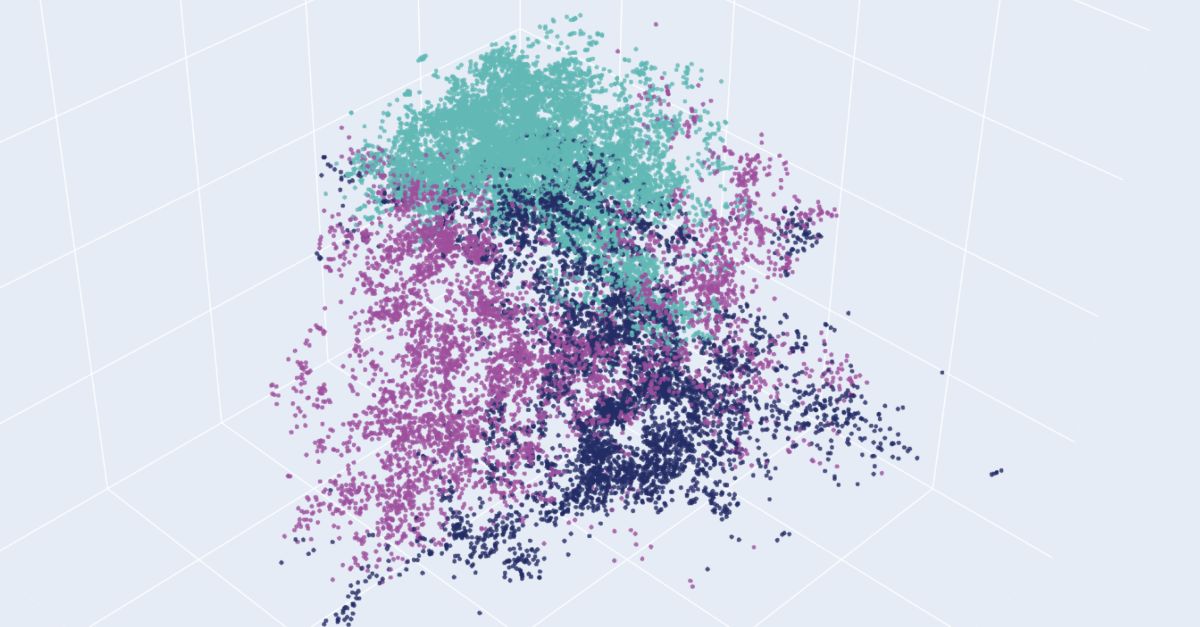Even better? You don't have to argue with robots about working from home/ office
 https://www2.deloitte.com/us/en/ins...tomation-and-generative-ai-in-government.html
Generative AI and Government Work: an in depth analysis of 19,000 tasks
https://www2.deloitte.com/us/en/ins...tomation-and-generative-ai-in-government.html
Generative AI and Government Work: an in depth analysis of 19,000 tasks
Deloitte's analysis reveals three criteria that can help determine which tasks could be assigned to generative AI tools and when government occupations could feel pressure to adopt them
We are awash in examples of what generative artificial intelligence can produce: near-human-quality text, images, and even video. Yet, there’s less evidence of how generative AI will impact how work is done. A lack of detail is especially challenging for government, where a broad range of agencies perform a wide variety of tasks, and those differences really matter when it comes to AI. For government leaders, this can lead to uncertainty that stalls adoption of generative AI and even other automation tools that could otherwise have benefitted the public.
To help cut through that uncertainty and get the broadest-possible perspective on how and where generative AI can impact government work, we examined more than 19,000 tasks collected by the US Department of Labor to represent the wider US workforce.
1 By analyzing how much accuracy, creative difficulty, and context variability (how much a task changes in different scenarios) are needed to accomplish each task, we were able to assess which tasks could be amenable to which types of automation.
We identified three categorizations that can help government leaders make informed, strategic decisions about how to implement generative AI in their organizations.
- Tasks with moderately high creative difficulty, moderate context variability, and moderate accuracy could be good candidates for gen AI. Take for example, a task like recording regulatory compliance.
- Tasks with high accuracy and low context variability (like data entry) are likely good for other forms of automation, ranging from robotic process automation to physical robots to other forms of machine learning.
- Finally, humans still outperform AI at dealing with tasks that have high context variability, especially tasks that have a high social aspect (like coaching workers) or a physical component (like maintaining vehicles).
Deloitte's analysis reveals three criteria that can help determine which tasks could be assigned to generative AI tools, and when government occupations could feel pressure to adopt them
www2.deloitte.com


